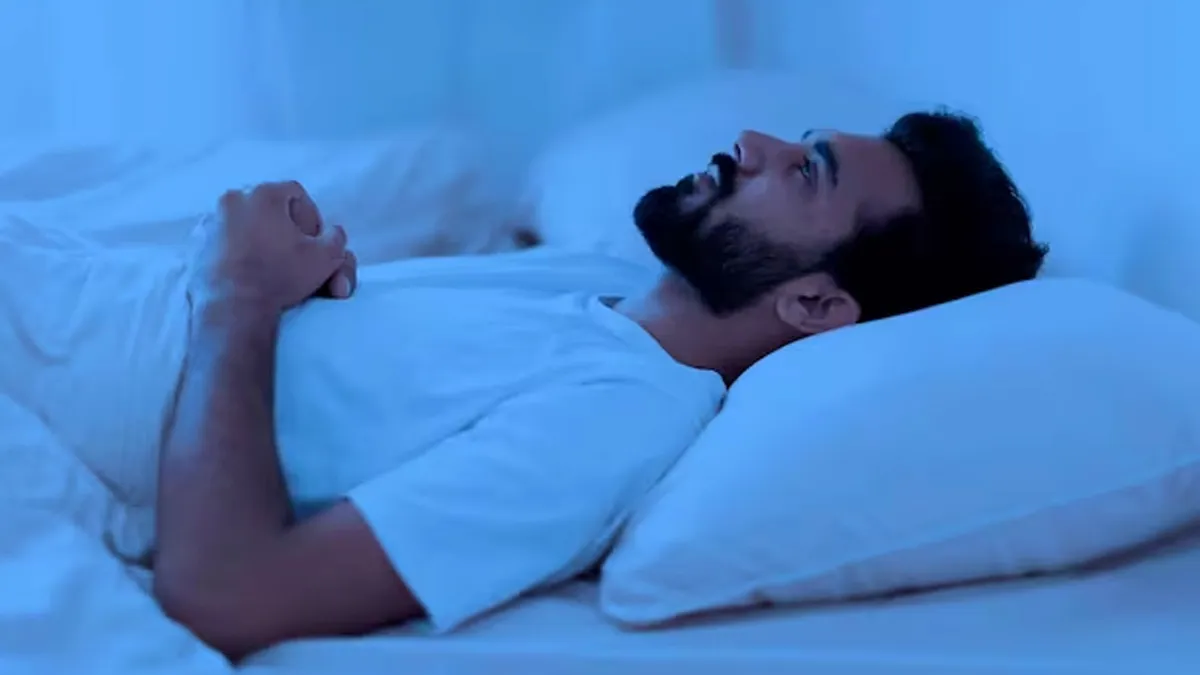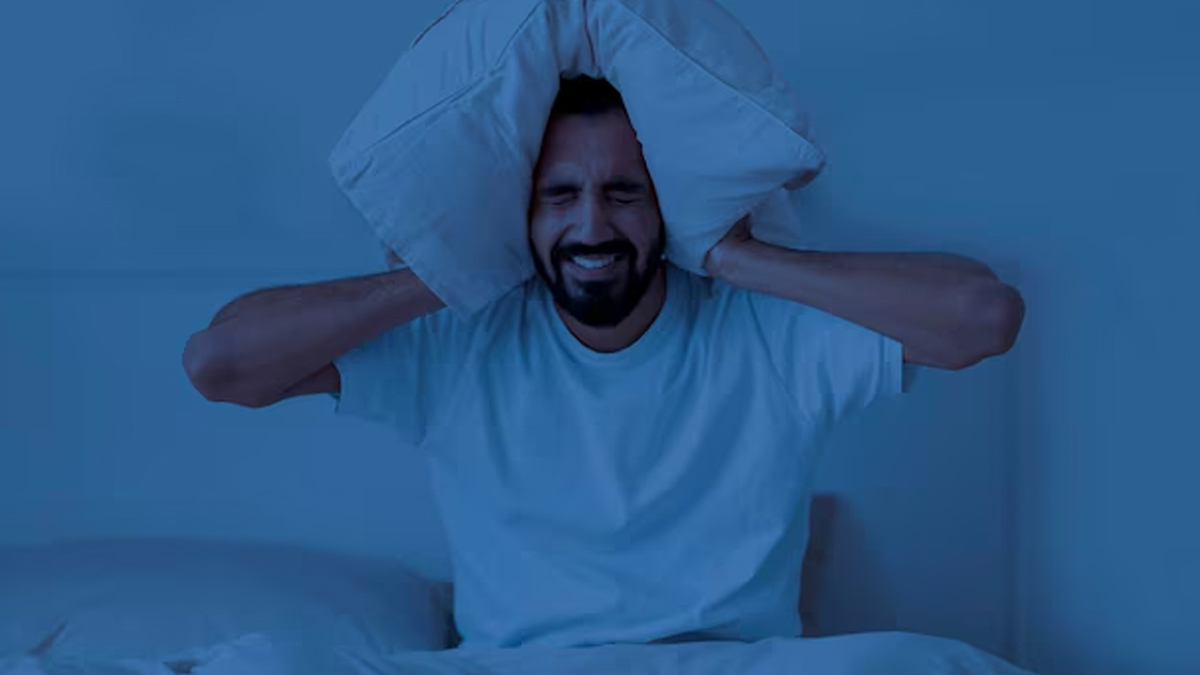
Many people experience disrupted sleep, characterised by difficulty falling or staying asleep or frequent awakenings during the night, also known as nocturnal awakenings. According to a US study, 35.5% of the people reported waking up at least three nights per week, unrelated to age, and 23.0% reported a nightly occurrence of nocturnal awakenings.
Table of Content:-
If you are someone who wakes up at 3 AM or another time almost every night and cannot fall back asleep, there could be an underlying reason behind it. While consulting with a healthcare professional can help, being aware of its common causes can help take proactive measures. Here's what we found out when we spoke to an expert.
Also Read: ADHD And Sleep Issues: Understanding The Link And Ways To Tackle Sleep Problems
Why Do You Wake Up At 3 AM Every Night?

While it is not always possible to tell the exact reason why a person wakes up at 3 AM or in the middle of the night, there could be several potential causes.
According to the Sleep Foundation, nighttime noise, such as sounds from outdoor traffic, televisions, or cell phones, could be a potential contributor. Additionally, exposure to light can also lead to disrupted sleep. Apart from these environmental factors, certain conditions like nocturia, or frequent bathroom breaks, can also cause a person to wake up in the night.
Dr Rajas Deshpande, Consultant and Director - Neurology, Jupiter Hospital, Pune, suggests that disruptions in the circadian rhythm may lead to frequent awakenings in the middle of the night. The circadian rhythm, often referred to as the body’s internal clock, is a natural, 24-hour cycle that regulates various processes in the body, including sleep-wake patterns. It is mainly influenced by environmental factors like light and darkness, which signal the body to feel alert or sleepy.
When there is a disruption to this rhythm, it can interfere with the production of melatonin, the hormone responsible for sleep. This imbalance can lead to difficulty falling asleep, frequent awakenings during the night, or waking up earlier than intended.
According to the doctor, common causes include poor sleep hygiene, noise, temperature, stress, disease, sleep disorders, drugs, and digital gadgets.
The concerning fact about a disrupted circadian rhythm is that over time, it can contribute to sleep disorders, reduced energy levels, and an increased risk of chronic health issues such as obesity, diabetes, and depression. This is why maintaining consistent sleep is crucial for supporting a healthy circadian rhythm.
Understanding Stress And Sleep Apnoea As Contributing Factors

"High stress levels disrupt sleep by increasing the time it takes to fall asleep and fragmenting it," shared Dr Deshpande, explaining that sleep deprivation activates our body's stress response system, causing an increase in stress chemicals, including cortisol, which further disturbs sleep. According to research, worry can interfere with rapid eye movement (REM) sleep. This is the stage of sleep in which you have vivid dreams. Anxiety might cause frightening dreams or nightmares that wake you up.
When stress affects a person's ability to fall and stay asleep, it is called sleep reactivity. A study published in the Journal of Sleep Research found that people with high sleep reactivity experience significant disruptions in sleep when stressed, while those with low reactivity remain relatively unaffected.
Factors like genetics, a family history of insomnia, female gender, and environmental stress influence this sensitivity, researchers noted, adding that high sleep reactivity is linked to a higher risk of developing insomnia, particularly severe forms like difficulty falling asleep or maintaining short sleep durations.
Additionally, sleep disorders can also disrupt your regular sleeping habits, said Dr Deshpande. There are about 80 distinct sleep disorders. Insomnia, sleep apnoea, Restless Leg Syndrome (RLS), and narcolepsy are all common forms.
Obstructive Sleep Apnea Hypopnea, often known as sleep apnoea, is characterised by breathing disruptions while asleep. A person with sleep apnoea will experience frequent bouts of airway blockage during sleep, resulting in snoring, snorting/gasping, or breathing pauses. This disturbed sleep leads to daytime drowsiness and weariness.
How To Improve Sleep Hygiene

Some of the common strategies to improve your sleep quality include:
- Creating a consistent sleep schedule by going to bed and waking up at the same time every day
- Turning off electronic devices at least 30 minutes before bed
- Avoiding caffeine, nicotine, and alcohol
- Engaging in regular physical activity
- Keeping your bedroom quiet, relaxing, and at a cool temperature
- Avoiding large meals before bed
- Getting enough sunlight
- Using your bedroom only for sleep and intimacy
- Trying relaxation exercises
Conclusion
If you’re someone who is constantly waking up at 3 AM or in the middle of the night, it is crucial to address the root causes and take proper action against it. Consult a sleep health expert or a medical professional for proper guidance. Sometimes, the underlying cause can range from environmental factors to stress and lifestyle problems to certain sleep disorders. Knowing the potential cause can help you decide the course of management.
Also watch this video
How we keep this article up to date:
We work with experts and keep a close eye on the latest in health and wellness. Whenever there is a new research or helpful information, we update our articles with accurate and useful advice.
Current Version